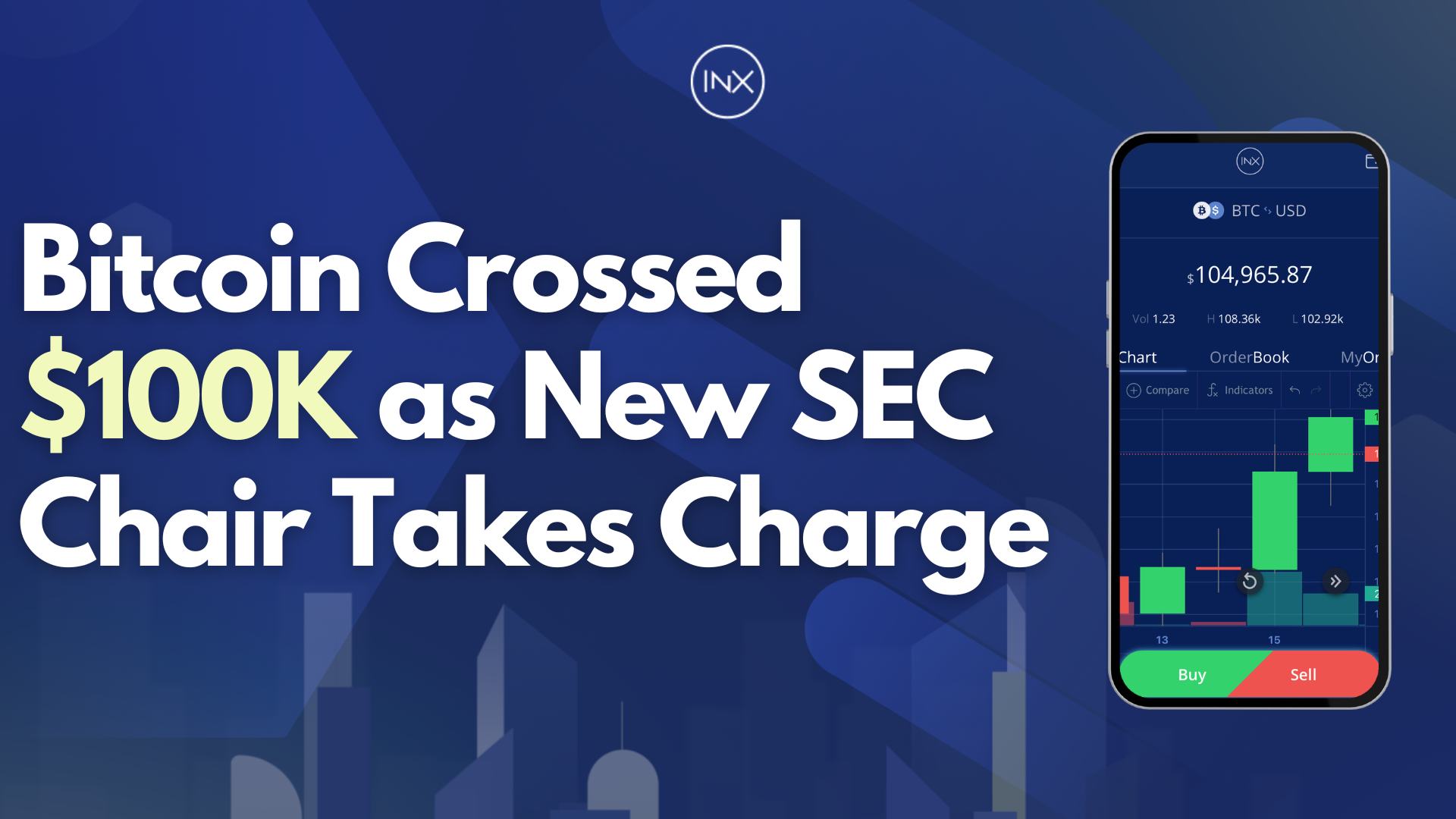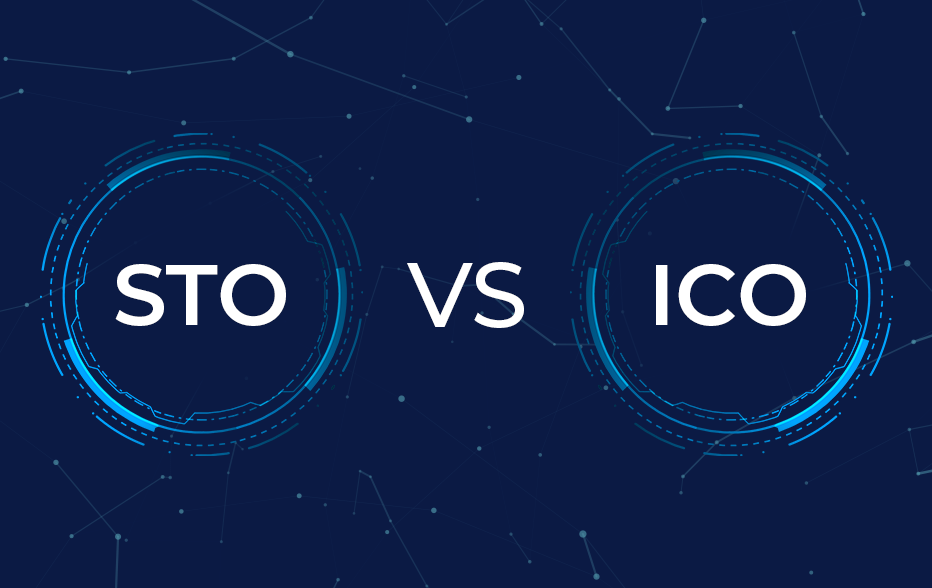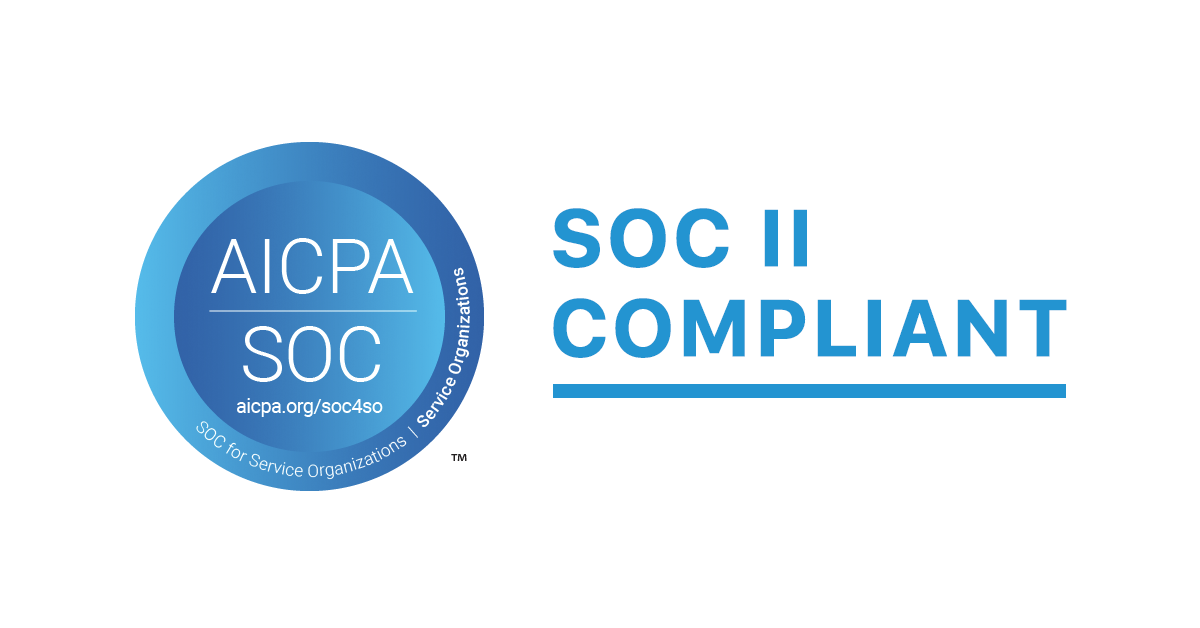Security Tokens: Asset-Backed Tokens You Can Trust
Many crypto investors and entrepreneurs are relieved to put 2022 behind them and are looking forward to a new year, with new opportunities. Amongst the stars that can shine brightest in 2023 are security tokens. These asset-backed tokens have given investors confidence in this breakthrough new asset class. One of the positives of the crypto fallout is that investors have made it clear as to what they are looking for above all else – transparency, regulation, and trust, and that is precisely what makes security tokens an asset that is unique and that you can trust.
Security tokens can be issued across a wide and varied menu of asset classes.

1. Stocks
A stock is a type of security that represents a share in the ownership of a company, including a claim on the company’s earnings and assets. As such, stockholders are partial owners of the company. When the value of the business rises or falls, so does the value of the stock. Stocks also are called “equities. Investors buy stocks for various reasons, such as:
- Capital appreciation occurs when a stock rises in price.
- Dividend payments come when the company distributes some of its earnings to stockholders.
- Ability to vote shares and influence the company.
Stock markets are liquid, but stand to benefit from instant settlement and 24/7/365 global trading by adopting tokenization and blockchain technology.
2. Bonds
Bonds are investment securities where an investor lends money to a company or a government for a set period of time, in exchange for regular interest payments. Once the bond reaches maturity, the bond issuer returns the investor’s money. Fixed income is a term often used to describe bonds, since the investment earns fixed payments over the life of the bond.
Companies sell bonds to finance ongoing operations, new projects, or acquisitions. Governments sell bonds for funding purposes, and to supplement revenue from taxes. When you invest in a bond, you are a debtholder for the entity that is issuing the bond.
Many types of bonds, especially investment-grade bonds, are lower-risk investments than equities.
2022 saw a growth spurt in the tokenized bond space, as countries and corporations around the world continued exploring this novel asset class. In October, the Israeli Ministry of Finance announced its plans to issue a tokenized bond and thereby join Australia and the European Investment Bank, who tokenized $110 million and 100 euros worth of bonds respectively. On the corporate side, UBS recently issued a digital bond worth 375 million Swiss francs that will trade on both a blockchain-based exchange and SIX Swiss Exchange.
With over $119 trillion worth of bonds trading worldwide, we’ve only scratched the surface of the potential of tokenizing bonds.
3. Private companies
Private equity refers to investments in the equity of companies not listed on a public stock exchange. Private equity capital comes primarily from institutional and accredited investors that either invest directly in companies or through funds managed by fund managers.
The private equity asset class is huge. Forbes’ list of the top private companies in the US counts 246 companies that pull in $2 trillion in revenue per year. For private companies that choose not to go public for a variety of reasons, tokenization would bring a wealth of benefits, most notably secondary market trading. By tokenizing a part of their equity, private companies could gain liquidity and price discovery without giving up the perks of being a private company.
4. Commodities
Commodities are raw materials or agricultural products that can be bought and sold. They are produced in large quantities. Because commodities are “real assets,” they tend to react to changing economic fundamentals in different ways than stocks and bonds, which are “financial assets.”
A commodity can be a natural resource or agricultural product. Some kinds are:
- Wheat, corn, soybeans, or other bulk foods
- Cattle or other livestock
- Cotton
- Lumber
- Sugar
- Precious metals, such as gold
- Domestic and foreign currencies
- Coal, oil, and other fossil fuels

Commodities are traded on the futures market, where the people who produce goods and the people who buy them bargain for payment. These contracts set a future date on which the goods will be delivered.
5. Real-Estate
Like shares, property (real estate) is often considered a growth asset class, offering the potential for higher returns on both capital growth and income. Real estate is a whopping $217 trillion — making it the world’s most important asset class.
Real estate has repeatedly proved itself as a valuable component of an institutional investor portfolio. Over the long term, US core real estate has generated higher returns than fixed income and lower volatility than equities while consistently providing diversification benefits.
There are several benefits of tokenization that lend themselves to real estate in some very relevant areas. The increased liquidity in a relatively illiquid asset class lowers the barrier to entry for retail investors, as does the marked reduction in transaction costs. Fractionalization further opens the door to a considerably wider pool of investors. Add to this the increased transparency between investors and sellers with all data stored in blockchain ledgers, and it’s plain to see why the real estate industry was quick to adopt the inherent advantages of security tokens.
Tokenizing the Right Way
The trust factor associated with security tokens is based on two pillars: regulation and technology.
What differentiates security tokens from the vast pool of coins and tokens in the digital ecosystem is the fact that this new class of asset-backed tokens is classified as securities under SEC guidelines. This ensures that investors are afforded the same rights, obligations, and most importantly, the inherent safety of operating under the SEC regulations. The first step to tokenizing the right way is to understand the process of registering with the SEC or utilizing one of the registration exemptions to raise capital with a security token offering.
From a technical perspective, a security token is essentially a computer program that encodes the economic rules of the token such as total supply, issuance schedule, and regulatory whitelisting. Security tokens run on blockchain technology, a distributed ledger that allows for transparency and automatic syncing of information. A blockchain is a secure database shared across a network of participants where all information is available to all participants instantaneously.
When tokenizing with INX, you don’t have to worry about all the technical details because we take care of everything for you. Our team of experts will guide you through the entire issuance process. Reach out to find out more!
David Azaraf January 5, 2023
Crypto enthusiast, help businesses plug into the token economy






